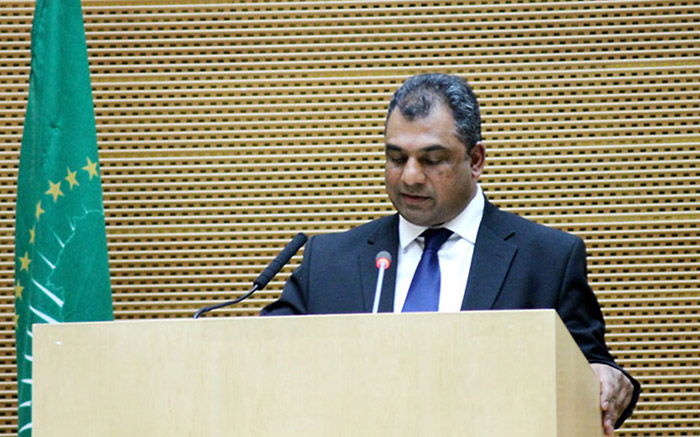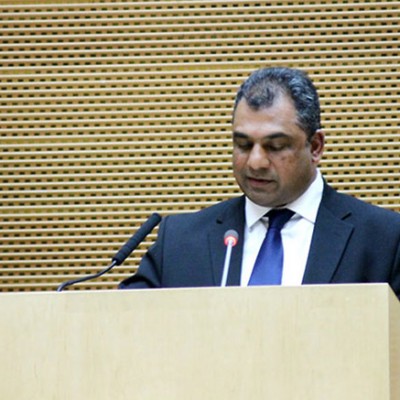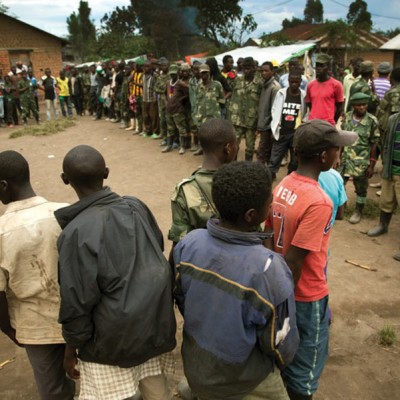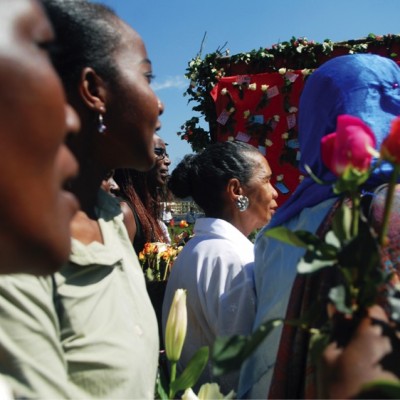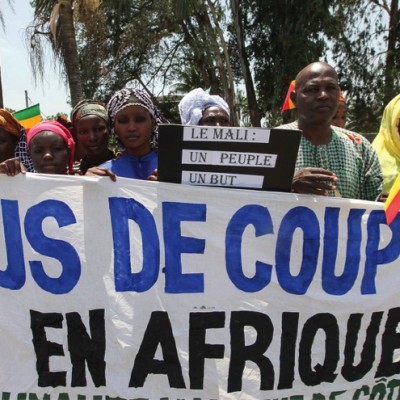The year 2016 will be remembered as a watershed year the world over. It presented many surprises and upstaged many political pundits. In Europe, many were shocked by the exit of Britain from the European Union – better known as Brexit. In South Africa, power changed hands in key local government structures, putting the opposition in charge of the legislative, administrative and financial capitals of the country and dislodging the long-established liberation movement and current ruling party of South Africa, the African National Congress (ANC). A few years ago, this result would have been unthinkable. The year ended with what must be one of the greatest political upsets ever: the defeat of Hillary Clinton by Donald Trump for the powerful position of president-elect of the United States (US). Trump will be inaugurated as the US president on 20 January 2017, in what appears to be a very divided country.
While surprising at the time they occurred, all these events (among many others) can, in retrospect, be traced to the ever-growing disenchantment with the current governing establishment globally. This is remarkable, because the world is in one of its most prosperous periods,largely due to the significant positive changes that have occurred in the last 25 years since the end of the cold war. During this time, dictatorships made way for democracies, the rule of law replaced the abuse of power, wars and conflicts de-escalated significantly, women gained more empowerment than in any other time in history, science and technology entered an era of unimaginable possibilities, and millions around the world started to enjoy a better standard of living.
However, these 25 years have also seen the growth of terrorism; human, drug and arms trafficking; a rise in racial and ethnic divisions and discrimination; the growth of inequality to dangerous proportions; and a steady rise in unemployment and poverty in many developed and developing countries. These trends were coupled with a drop in public confidence in the establishments of government and religion. Mainstream governments were challenged by “people’s power” and mainstream religion was challenged by alternative religious persuasions.
Fear of what was expected in the future triumphed over the hope that dominated the last 25 years. Prophets of doom have had fertile ground to plough and plant the seeds of fear and hatred. In many ways, we are witnessing the demise of liberalism and democracy and the rise of conservatism and authoritarianism. The forces that will shape the world over the next 25 years can either plunge the world into a plethora of closed enclaves characterised by strict laws restricting the movement of people, goods and services, or they can build a world on the globalised planet we have shaped over the last 25 years.
Historical periods dominated by liberalism and democracy or conservatism and authoritarianism are not new. However, what is new is a planet with seven billion people, the majority of whom are urbanised and living in close proximity to each other, either physically or through social media. This phenomenon challenges our ability to co-exist and cooperate for mutual benefit. Perhaps this is a juncture in the history of humanity where neither liberalism nor conservatism, neither democracy nor authoritarianism will suffice. Maybe this is a time for leaders who are able to take the best from these ideologies and who are able to transcend identity, manage complexity, lead with new vision and inspiration, build bridges between people in creative ways,and promote order and stability. This is certainly a time for leadership that is visionary, bold and strong, yet caring and benevolent. The challenges of our planet – and this moment in time – demand no less.

